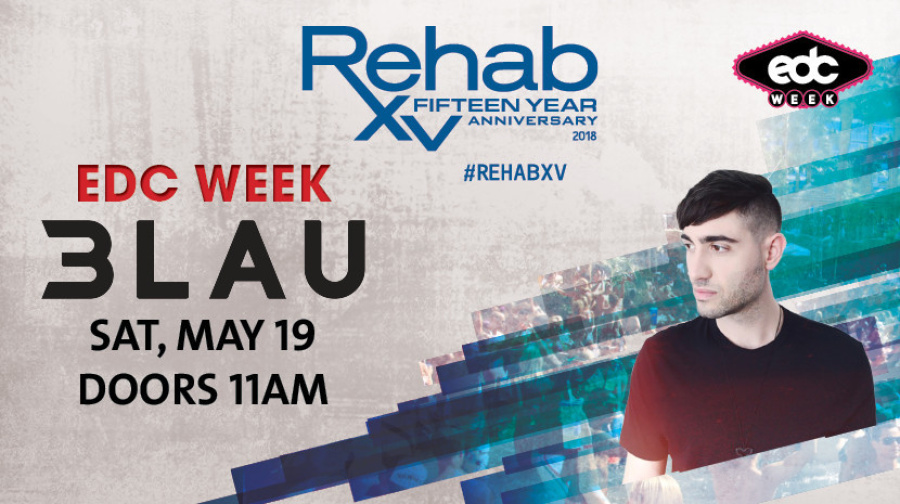Vivitrol Detox Treatment Athol MA
Home
Top Vivitrol Detox Treatment Athol MA Information
Vivitrol Detox Treatment Athol MA
When is a good time to hold an intervention for a loved one? A good time to hold an intervention is w hen their world is slowly being taken apart or perhaps they lose their job, or are always having money problems. Abuse of any drug, legal or illegal, prescribed or unprescribed can still have devastating consequences; if they are an addict, they will not be able to exercise any control during binges or periods of abuse. Specific plans may have different coverage levels, so it’s a good idea to check the specific policy or talk to the insurance provider. Individual therapy also involves effectively treating the secondary diagnosis by intervening with co-occurring disorders as well.
I was eyes to the blind, and feet was I to the lame. (Job 29:14-15) Addiction towards drugs and alcohol has become a serious problem for the state of Wisconsin. Some outpatient centers have nutritionists who have presentations to help teach addicts about the proper way to nourish the human body. There are a number of options to help individuals and their families pay for treatment, including: Health insurance coverage: Many health insurance plans include substance abuse treatment in their covered items. But if the person is unconscious and has trouble breathing CALL 911 FOR HELP right away!
Right here are Some More Information on Promises Drug Rehab

More Details About Percocet Addiction Treatment Programs Athol MA
Just for today My son is now 4 months clean, via his arrest and incarceration. We all want to go to the best treatment program to handle the addiction to drugs or alcohol. But keep in mind, at the time you made what you thought were the right decisions. If the situation is not life-threatening, but a point has been reached where drug detox and/or rehab is the next logical step, it’s a good time to call our drug rehab helpline (drug addiction help hotline). Substance abusers also sometimes use the gas as an inhalant. If you have any questions regarding the treatment and types of programs that they offer feel free to contact one of our counselors we will help you any way we can to get the life back that you deserve.
Even more Information About Web Addiction
Recovering addicts are encouraged to find God in their hearts every day and pray whenever they need help. Cocaine, marijuana, heroin, hallucinogens and inhalants are the most commonly abused drugs in the state. You can certainly start your rehab, detox, or recovery process at the time of your call. The national hotlines below assist in understanding the situation and determining what help they can offer as well as where they can direct those in need to get proper treatment.  National Hotlines The following national hotlines are valuable resources for anyone experiencing a medical emergency, behavioral disorder, or drug addiction. Treatment can occur in a variety of settings, take many different forms, and last for different lengths of time. They have trained and professional counselors available on the phone to assist one with the wide variety of issues. A treatment of quality program will not just address the abuse of a drug, but it will also address the emotion pain, as well as the other life issues that does and can contribute to the person’s addiction.
Even more Info About Web Addiction Athol MA
Give one of our counselors a call today. 1-800-819-9973 Psalm 112: 1, 7-8 Praise the Lord! For as long as there have been issues in drug and alcohol abuse, there has been a gap between the number of people who need treatment and the number of people who receive it. Christian counseling and church activities are also available in most treatment centers that are Christian based. People who join these Christian recovery programs get plenty of … Continue reading “Exploring The Options Of Christian Rehab Centers” The Christian rehab treatment centers in this age of technological advancement are increasingly realizing the indispensable role played by internet technology for popularizing their faith-based programs. Relapse prevention[edit] An influential cognitive-behavioral approach to addiction recovery and therapy has been Alan Marlatt's (1985) Relapse Prevention approach.[34] Marlatt describes four psychosocial processes relevant to the addiction and relapse processes: self-efficacy, outcome expectancies, attributions of causality, and decision-making processes.
Click Here for More Information
Previous Next
You may also like:
Methamphetamine Abuse Center Allenton MO
Morphine Addiction Rehab Centers Dora AL
Vivitrol Abuse Program Mount Vernon AL
Disulfiram Detox Facilities Nemacolin PA
Klonopin Rehab Facility Springport IN
Demerol Abuse Treatment Woodville MS
Cocaine Addiction Detox Programs Tar Heel NC
Endodan Addiction Center Jeffersonville KY
Di-gesic Addiction Detox Facility Sebastopol CA
Roxicet Detox Clinic Joanna SC
Fentanyl Rehab Treatment Programs Turin GA
Alprazolam Addiction Facilities Shady Dale GA
Biocodone Rehab Near Me Newtonsville OH
Antabuse Abuse Center Dorset VT
Mushrooms Rehab Treatment Center York NY
Acamprosate Addiction Rehab Facilities Cranbury NJ
Antabuse Detox Programs Brightwood VA
Tranquilizers Addiction Centers Arnolds Park IA
Tussionex Rehab Treatment Program Cromwell CT
Addiction Recovery Young Adults Luck WI